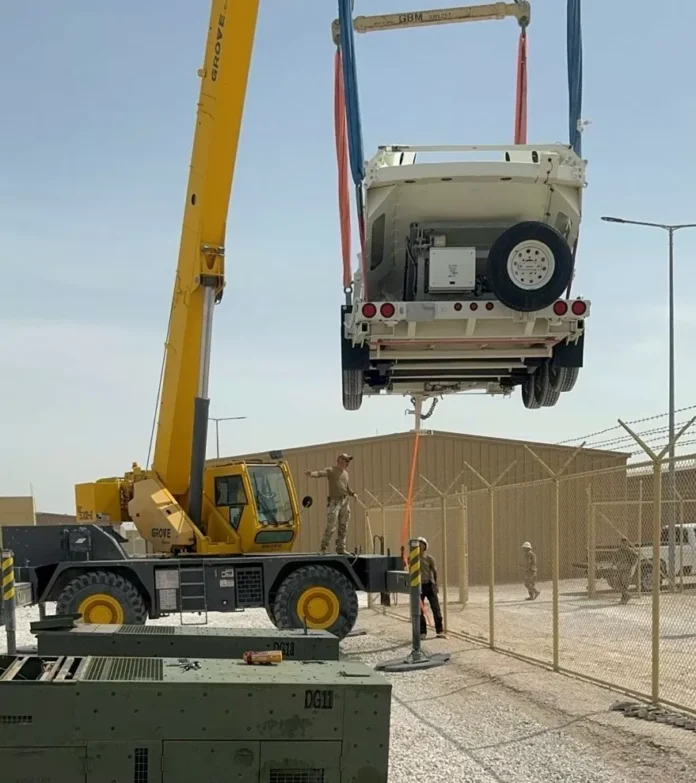The U.S. Space Force has been making headlines since its inception in December 2019. As the newest branch of the U.S. military, it has been met with both excitement and skepticism. However, as the Space Force continues to establish itself, it has proven to be a vital and crucial part of the U.S. military’s operations.
Brig. Gen. Robert Hutt, director of plans and programs for the U.S. Space Force, recently stated that what was once considered a complementary space architecture has now become the central nervous system of joint operations. This statement speaks volumes to the importance and significance of the Space Force in modern warfare.
The Space Force may be the smallest branch of the Pentagon, but it is by no means insignificant. Its capabilities and contributions are far-reaching and essential in maintaining U.S. military dominance. With its focus solely on space operations, the Space Force has quickly become a force to be reckoned with.
One of the primary roles of the Space Force is to protect and defend U.S. interests in space. This includes monitoring and tracking objects in space, such as satellites and debris, to ensure the safety and security of U.S. assets. With the increasing reliance on space-based technologies, the Space Force plays a crucial role in safeguarding these assets and ensuring they are not compromised.
Additionally, the Space Force is responsible for providing communications and navigation capabilities to the U.S. military. This includes maintaining and operating the Global Positioning System (GPS), which is essential for military operations around the world. Without the Space Force’s support, the U.S. military would not have the same level of precision and effectiveness in its operations.
The Space Force is also at the forefront of developing new technologies and capabilities that will revolutionize military operations. With its dedicated focus on space, the Space Force has the resources and expertise to push the boundaries of what is possible in space technology. This not only benefits the U.S. military but also has significant implications for civilian use as well.
Moreover, the Space Force is a key partner in international space cooperation. With its advanced capabilities and expertise, the Space Force has become a sought-after partner for other countries in space-related ventures. This not only strengthens relationships with allies but also furthers the advancement of space exploration and technology.
As the Space Force continues to grow and evolve, its role in joint operations will only become more critical. Its unique capabilities and expertise make it an invaluable asset to the U.S. military. With the ever-changing landscape of modern warfare, the Space Force’s role will only continue to expand and become more vital.
Despite its relatively short existence, the Space Force has already made significant contributions to the U.S. military. Its establishment has shown that the U.S. is committed to maintaining its dominance in space and is willing to invest in the necessary resources to do so. The Space Force’s presence has also sent a clear message to potential adversaries that the U.S. is prepared to defend its interests in all domains, including space.
In conclusion, the Space Force has proven itself to be a crucial and essential branch of the U.S. military. Its unique capabilities and contributions have solidified its position as the central nervous system of joint operations. As it continues to grow and evolve, the Space Force will undoubtedly play a vital role in shaping the future of warfare.

